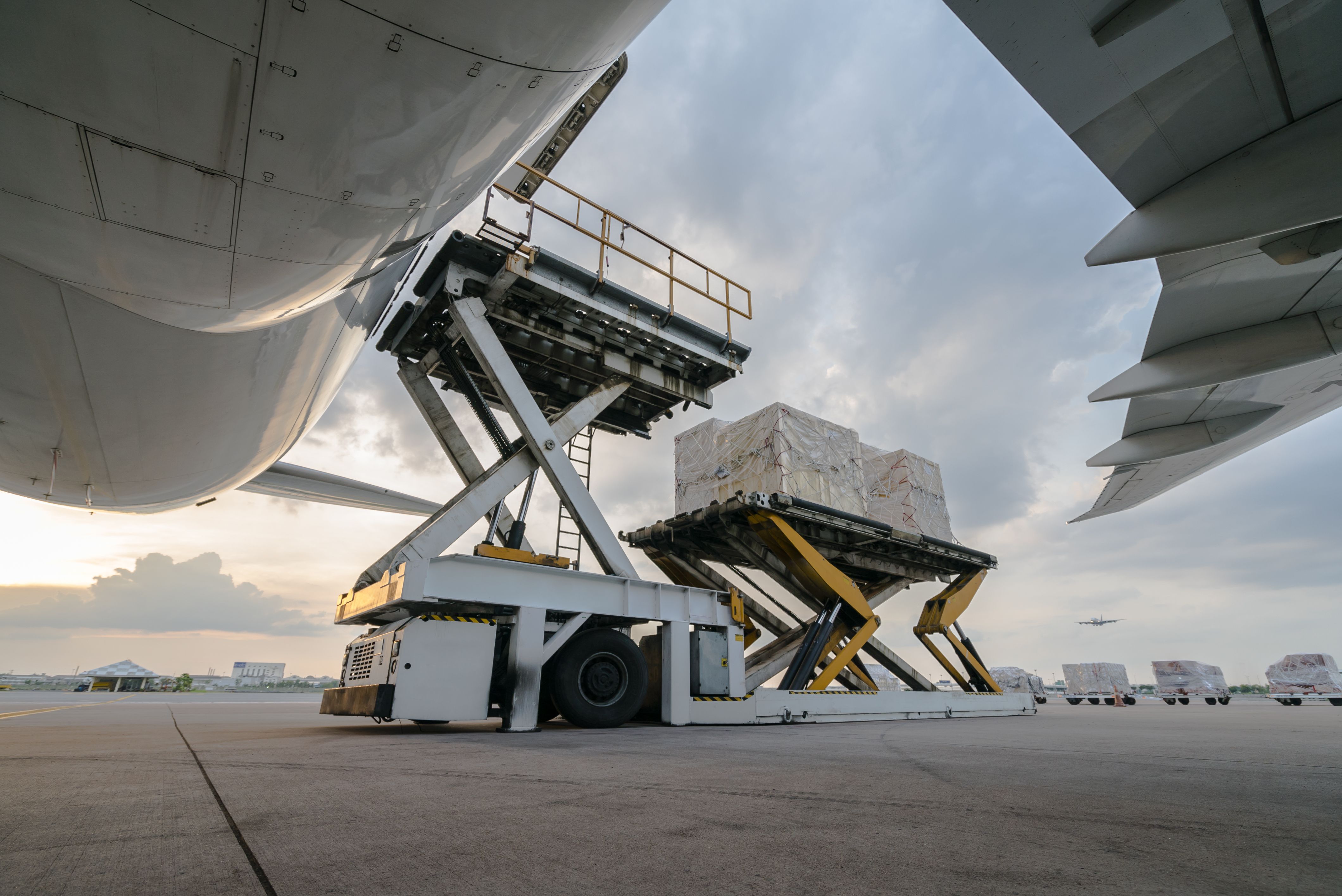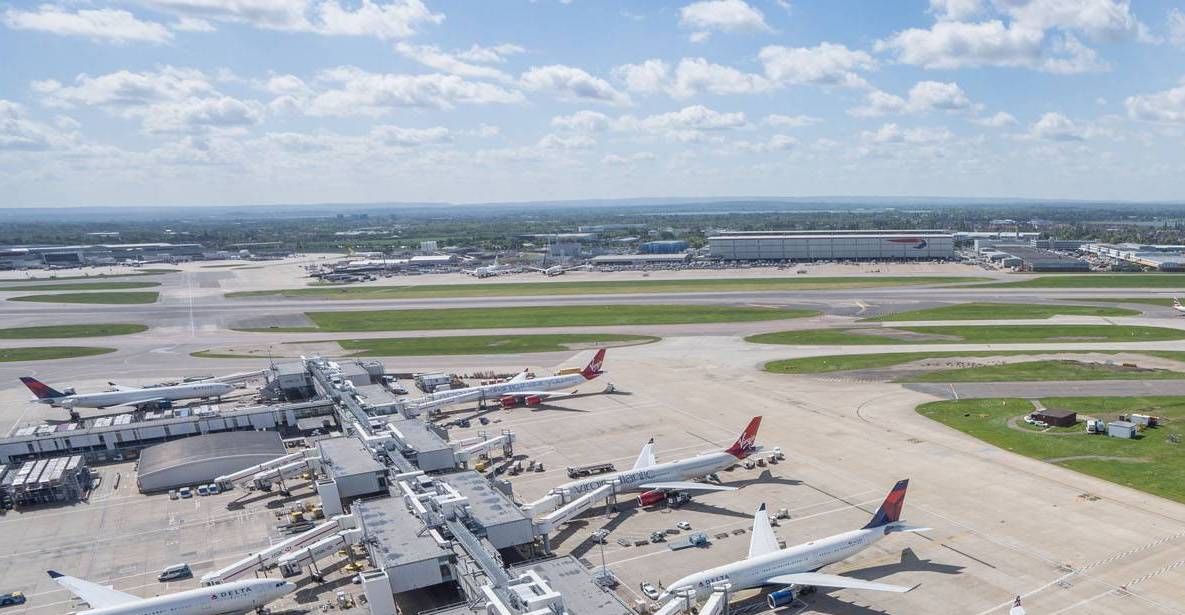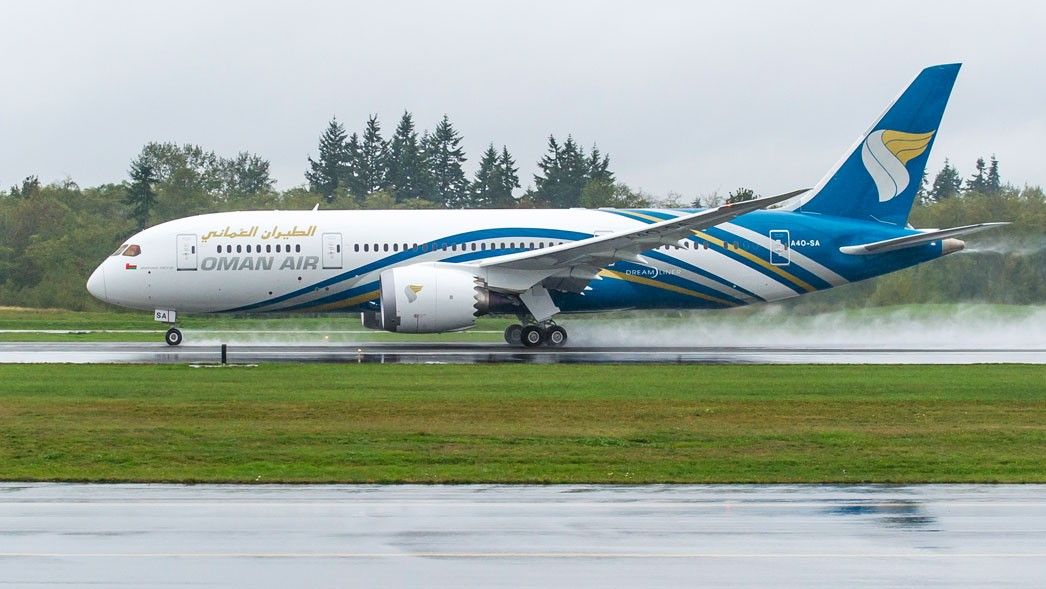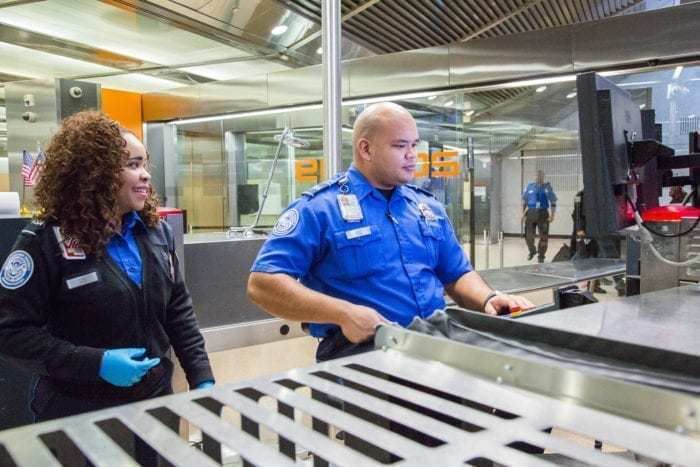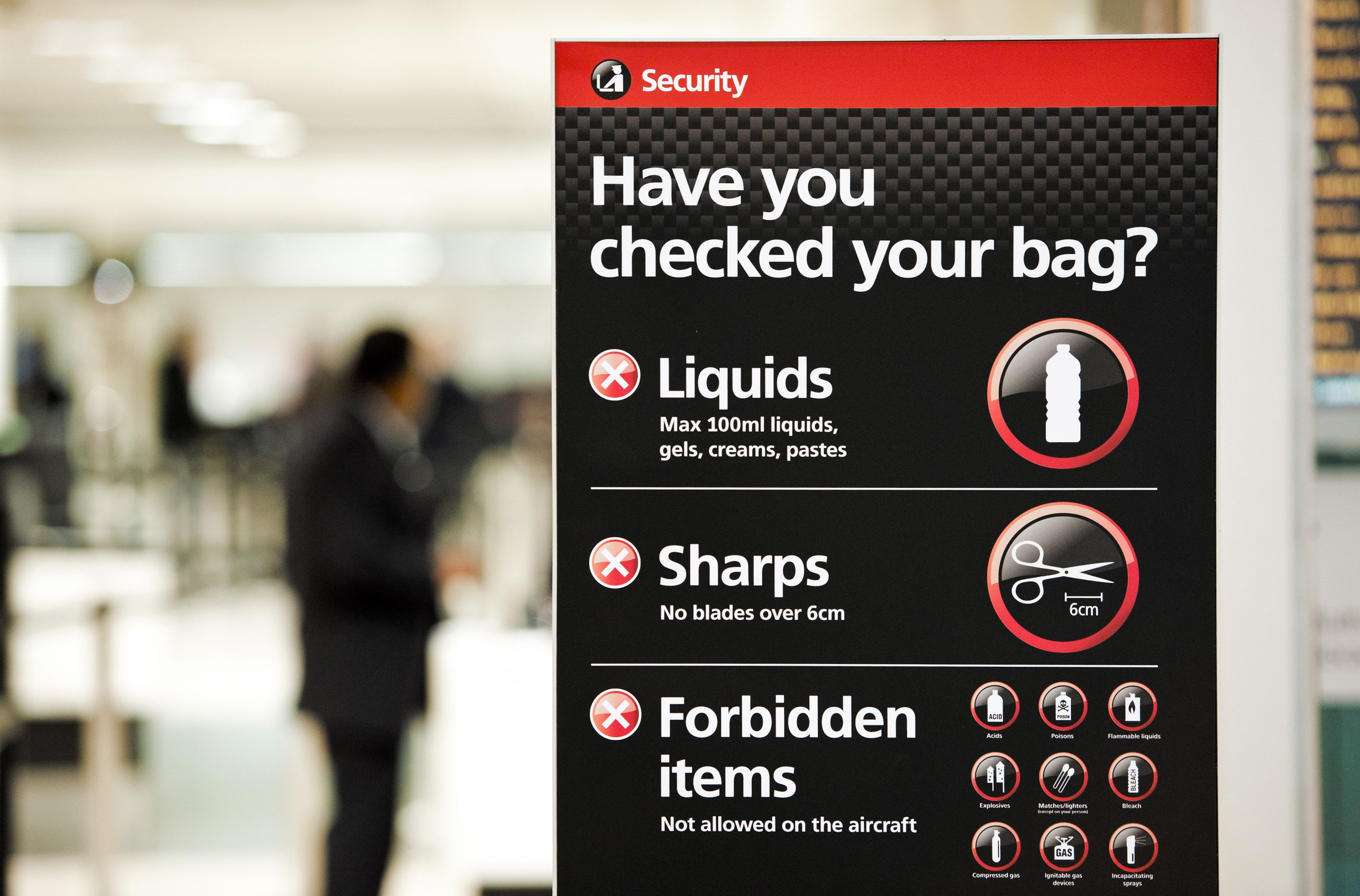A man in his 60s has been arrested on suspicion of a terror offense after traces of uranium were found in a shipment of cargo at Heathrow Airport on December 29th, 2022.
The details of the arrest
The suspect was arrested after counter-terrorism officers searched an address in Cheshire in the north of England on Saturday, January 14th, just over two weeks after the discovery was made at London Heathrow Airport (LHR), the UK's busiest airport. According to the Guardian newspaper, the apprehended individual was questioned under provisions of section 9 of the Terrorism Act 2006, which specifically covers the preparation and possession of radioactive devices concerning the planning of a terrorist attack.
He has since been released on bail until April, pending further inquiries being carried out by the Metropolitan police anti-terrorism squad. According to other reports, officers did not find any other dangerous material at the Cheshire address.
How was the discovery made?
Officers of the UK Border Force officers discovered the radioactive material inside a shipment of scrap metal at the airport on December 29th. Specialist scanners detected the uranium, which along with the consignment of scrap metal, had arrived on a flight from Oman having originated in Pakistan. The discovery was made as the shipment was ferried to a cargo handling facility, which triggered alarms and alerted the Border Force officials.
Speaking following the arrest over the weekend made as a result of the discovery at the airport last month, Commander Richard Smith, who leads the Metropolitan Police Counter Terrorism Command, said,
"The discovery of a very small amount of uranium within a package at Heathrow airport is clearly of concern, but it shows the effectiveness of the procedures and checks in place with our partners to detect this type of material. Our priority since launching our investigation has been to ensure that there is no linked direct threat to the public. To this end, we are following every possible line of inquiry, which has led us to make this arrest over the weekend.
"I want to be clear that despite making this arrest, and based on what we currently know, this incident still does not appear to be linked to any direct threat to the public. However, detectives are continuing with their inquiries to ensure this is definitely the case."
What is uranium?
Uranium is widely used in various civilian applications such as power generation and for scientific purposes. However, it is a key active ingredient in nuclear weapons. Certain naturally occurring substances, such as uranium, can emit radiation that can be harmful to humans, and uranium itself is toxic if ingested or inhaled.
Colonel Hamish de Bretton-Gordon, a chemical and biological weapons expert and former head of the UK's nuclear defense regiment, told the BBC following the discovery that rather than be alarmed, the general public should be reassured that it was detected. He said,
"It's very clear that the comprehensive surveillance network that we have in place in this country, run by the security services, the police, and others, has actually worked and picked up potentially a very dangerous containment that could provide a threat. In this country, I think people should be pretty reassured that we're not going to see dirty bombs from this type of material. The key thing is that there are people looking out for this, and this should not worry the public unduly."
The quantity of uranium discovered at the airport was reported to be "extremely small" and was assessed by experts at the time as posing no threat to the public. However, while the police are clearly not ruling anything in or out at this early stage in their investigations, many experts have reiterated that any traces of uranium should never be found onboard a commercial airliner.
How do airports find illicit substances onboard aircraft?
Although we are being told to be reassured that a slight trace of uranium was detected at Heathrow, the incident will undoubtedly raise a degree of curiosity as to how such small amounts of a potentially harmful substance are found at airports worldwide.
Indeed, detections of undeclared radioactive material at transport hubs and ports of entry happen multiple times every year. All over the world, airport security teams constantly screen baggage and cargo for radioactive material on the move. Even the tiniest amounts can be detected using various means now available to security forces.
Round-the-clock monitoring of such shipments can take many forms. These can include the use of covert detectors hidden in the walls at airports that silently scan passengers, customs officials waving handheld radiation-sniffing devices over boxes, as well as the use of sniffer dogs throughout the passenger and cargo areas of airports.
On a more high-tech level, the use of drones, packed with sensors, can fly across wide areas of cargo terminals and warehouses while searching for any potentially radioactive objects. Because different radioactive substances prompt distinct light emissions, it is often possible to tell immediately what kind of material has been detected. Particular detectors and scanning machines are available on the market today that can integrate notifications into security systems so that staff receive automated alerts on their smartphones when radioactivity is found nearby.
Should we be concerned by the arrest?
Experts have said that the amount of uranium detected at Heathrow in December was tiny and that it is unlikely that it was insufficient in quantity to be used for terrorist purposes. The fact that no charges have yet been brought under the Terrorism Act 2006, or indeed, any other legislation at the time of writing, is also worth noting.
Since the arrest, the suspect has been released on bail pending further police inquiries. While these investigations could take some time, it can be concluded that the police believe the individual involved poses no clear and present threat to the wider public.
All those who travel by air, as well as the public in general, should take a great deal of reassurance that there are measures in place at airports across the world to routinely check for dangerous substances that travel onboard aircraft. Furthermore, such measures can, as in this particular case, pick up even the minutest quantities of such substances before they can cause any harm.
What do you think about the latest development in this case? Let us know in the comments below.
Sources - The Guardian, BBC, Sky News, Wired

